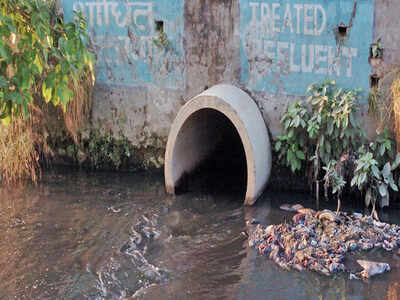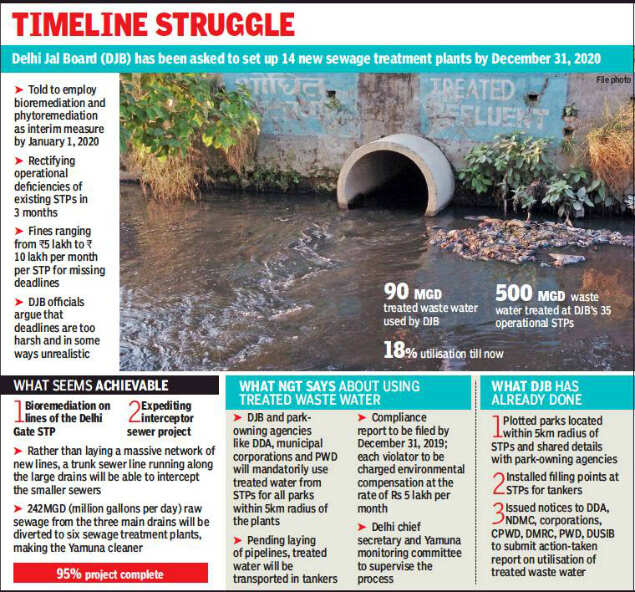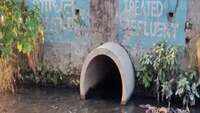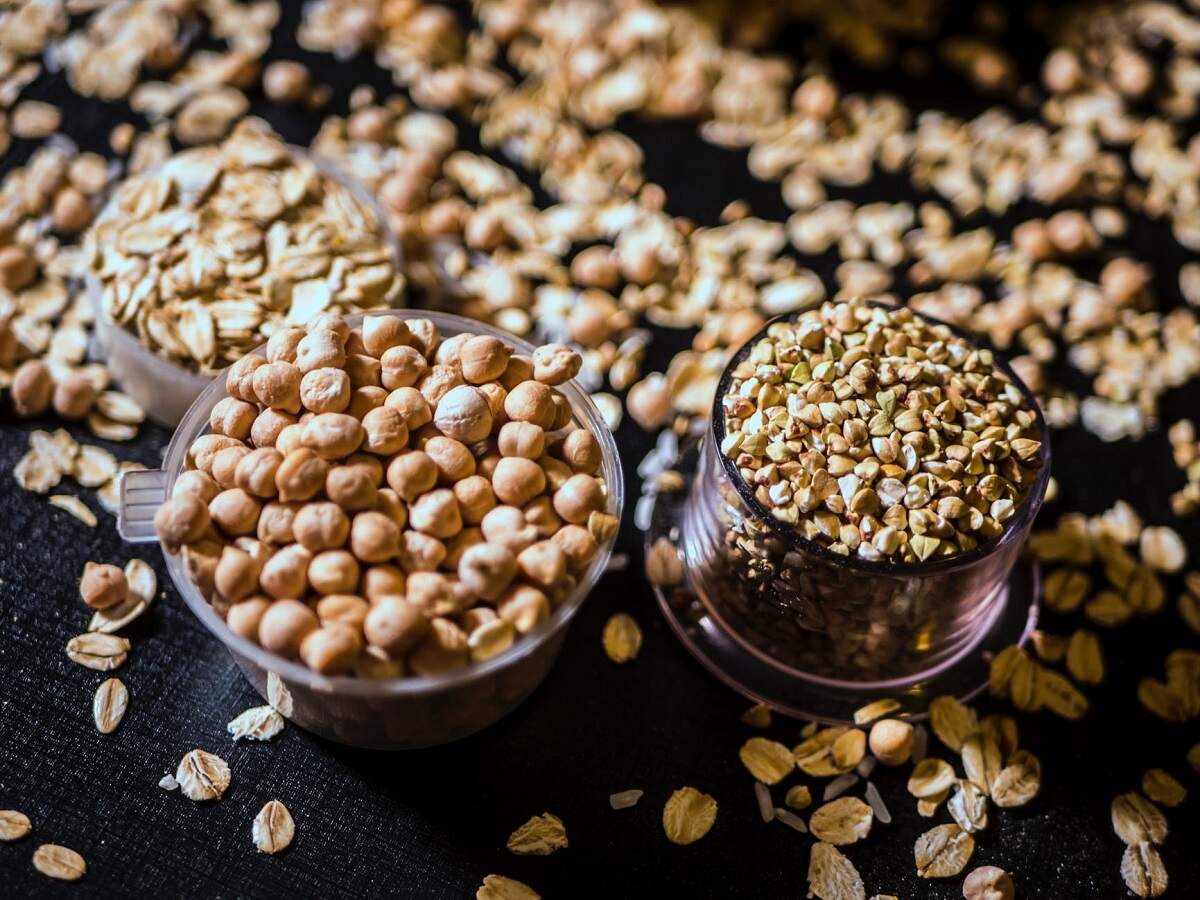
NEW DELHI: Beset by deadlines — from three months to upgrade the existing sewage treatment plants to 15 months for setting up new STPs along the Najafgarh drain — and stiff penalties if these aren’t met, Delhi Jal Board is scrambling for solutions. The water utility’s vice-chairman, Dinesh Mohaniya, described the timelines set by National Green Tribunal as “impractical”. DJB only sees the completion of the interceptor sewer project (ISP) and bioremediation as the low hanging fruits.

“Land has not even been allocated for the construction of some of the new STPs,” said Mohaniya. “How can they be completed in 15 months?” Alleging that DJB was being unfairly targeted, Mohaniya added, “The authorities in Uttar Pradesh are not even replying to NGT’s queries, while we are being hounded despite being open and active about our work.” If NGT levies the penalty of Rs 10 lakh per unfinished STP, DJB could end up paying Rs 1.4 crore a month.
A DJB official disclosed that these 14 STPs were unviable because there wasn’t sufficient waste water the in the Najafgarh drain. “For these STPs to be viable, sewer lines will have to be laid in the catchment area of 45 unauthorised colonies and villages. This will take time,” he said.
NGT’s order on Wednesday pointed out that these STPs were envisaged under Sewer Master Plan (SMP) 2031, and funds were sanctioned for seven by National Mission for Clean Ganga in 2017. Officials said DJB had been able to find land only for two plants. But the NGT order states that even these deadlines need to be compressed to be completed by December 2020, with failure inviting criminal prosecution.
While the deadline to rectify the deficiencies of all existing STPs is three months and non-completion attracts a penalty of Rs 5 lakh per month, the DJB official pointed out that it took at least six months to plan, appoint a consultant, estimate the cost, invite tenders and issue the work order for projects of this scale. “As per vigilance norms, a short tender can’t be issued for projects of this sort. A minimum mandatory time period is set aside just for queries. Even after that, the project still has to be approved by the DJB,” the official clarified.
The only positives for the water body are the two “low hanging fruits” of bioremediation and the interceptor sewer project. NGT has asked civic agencies to carry out bioremediation/phytoremediation as an interim measure from January 1, 2020, with Rs 5 lakh a month penalty per drain for failure. A government official said that similar work had been carried out at the Delhi Gate STP which traps waste from the Chandni Chowk drain and so “reagents are readily available”. He explained that these immediately reduce the pollution load by 85%, after which filtering can be employed.
ISP was launched by the Sheila Dikshit government and was designed to tap the sewage discharge from the Najafgarh, Shahdara and supplementary drains, which jointly contribute most to the polluting of the Yamuna. The idea is to create a trunk sewer along the large drains and intercept sewage from unauthorised settlements rather than lay a massive network of new sewer lines. DJB says 242 million gallon tonnes of raw sewage from these three drains will be diverted to six sewage treatment plants to make the Yamuna cleaner.
The green tribunal has asked DJB to ensure this volume of sewage is tapped by December 31. Mohaniya reported that ISP was close to completion.

“Land has not even been allocated for the construction of some of the new STPs,” said Mohaniya. “How can they be completed in 15 months?” Alleging that DJB was being unfairly targeted, Mohaniya added, “The authorities in Uttar Pradesh are not even replying to NGT’s queries, while we are being hounded despite being open and active about our work.” If NGT levies the penalty of Rs 10 lakh per unfinished STP, DJB could end up paying Rs 1.4 crore a month.
A DJB official disclosed that these 14 STPs were unviable because there wasn’t sufficient waste water the in the Najafgarh drain. “For these STPs to be viable, sewer lines will have to be laid in the catchment area of 45 unauthorised colonies and villages. This will take time,” he said.
NGT’s order on Wednesday pointed out that these STPs were envisaged under Sewer Master Plan (SMP) 2031, and funds were sanctioned for seven by National Mission for Clean Ganga in 2017. Officials said DJB had been able to find land only for two plants. But the NGT order states that even these deadlines need to be compressed to be completed by December 2020, with failure inviting criminal prosecution.
While the deadline to rectify the deficiencies of all existing STPs is three months and non-completion attracts a penalty of Rs 5 lakh per month, the DJB official pointed out that it took at least six months to plan, appoint a consultant, estimate the cost, invite tenders and issue the work order for projects of this scale. “As per vigilance norms, a short tender can’t be issued for projects of this sort. A minimum mandatory time period is set aside just for queries. Even after that, the project still has to be approved by the DJB,” the official clarified.
The only positives for the water body are the two “low hanging fruits” of bioremediation and the interceptor sewer project. NGT has asked civic agencies to carry out bioremediation/phytoremediation as an interim measure from January 1, 2020, with Rs 5 lakh a month penalty per drain for failure. A government official said that similar work had been carried out at the Delhi Gate STP which traps waste from the Chandni Chowk drain and so “reagents are readily available”. He explained that these immediately reduce the pollution load by 85%, after which filtering can be employed.
ISP was launched by the Sheila Dikshit government and was designed to tap the sewage discharge from the Najafgarh, Shahdara and supplementary drains, which jointly contribute most to the polluting of the Yamuna. The idea is to create a trunk sewer along the large drains and intercept sewage from unauthorised settlements rather than lay a massive network of new sewer lines. DJB says 242 million gallon tonnes of raw sewage from these three drains will be diverted to six sewage treatment plants to make the Yamuna cleaner.
The green tribunal has asked DJB to ensure this volume of sewage is tapped by December 31. Mohaniya reported that ISP was close to completion.
Trending Topics
LATEST VIDEOS
More from TOI
Navbharat Times
Featured Today in Travel
Quick Links
Lok Sabha Election Schedule 2019Lok Sabha Election NewsDelhi Capitals teamMI team 2019Rajasthan Royals 2019RCB team 2019Maharashtra Lok Sabha ConstituenciesBJP Candidate ListBJP List 2019 TamilnaduShiv Sena List 2019AP BJP List 2019Mamata BanerjeeBJP List 2019 MaharashtraPriyanka GandhiBJP List 2019 KarnatakaAMMK Candidate List 2019BJP List 2019 WBLok Sabha Elections in Tamil NaduBSP List 2019 UPNews in TamilLok Sabha Poll 2019Satta Matka 2018PM ModiMahagathbandhanNagpur BJP Candidate ListChandrababu NaiduTamil Nadu ElectionsUrmila MatondkarNews in TeluguMadras High CourtTejashwi YadavArvind KejriwalTejasvi SuryaPawan KalyanArvind KejriwalYogi AdityanathJaya PradaSatta King 2019Srinagar encounter
Get the app








